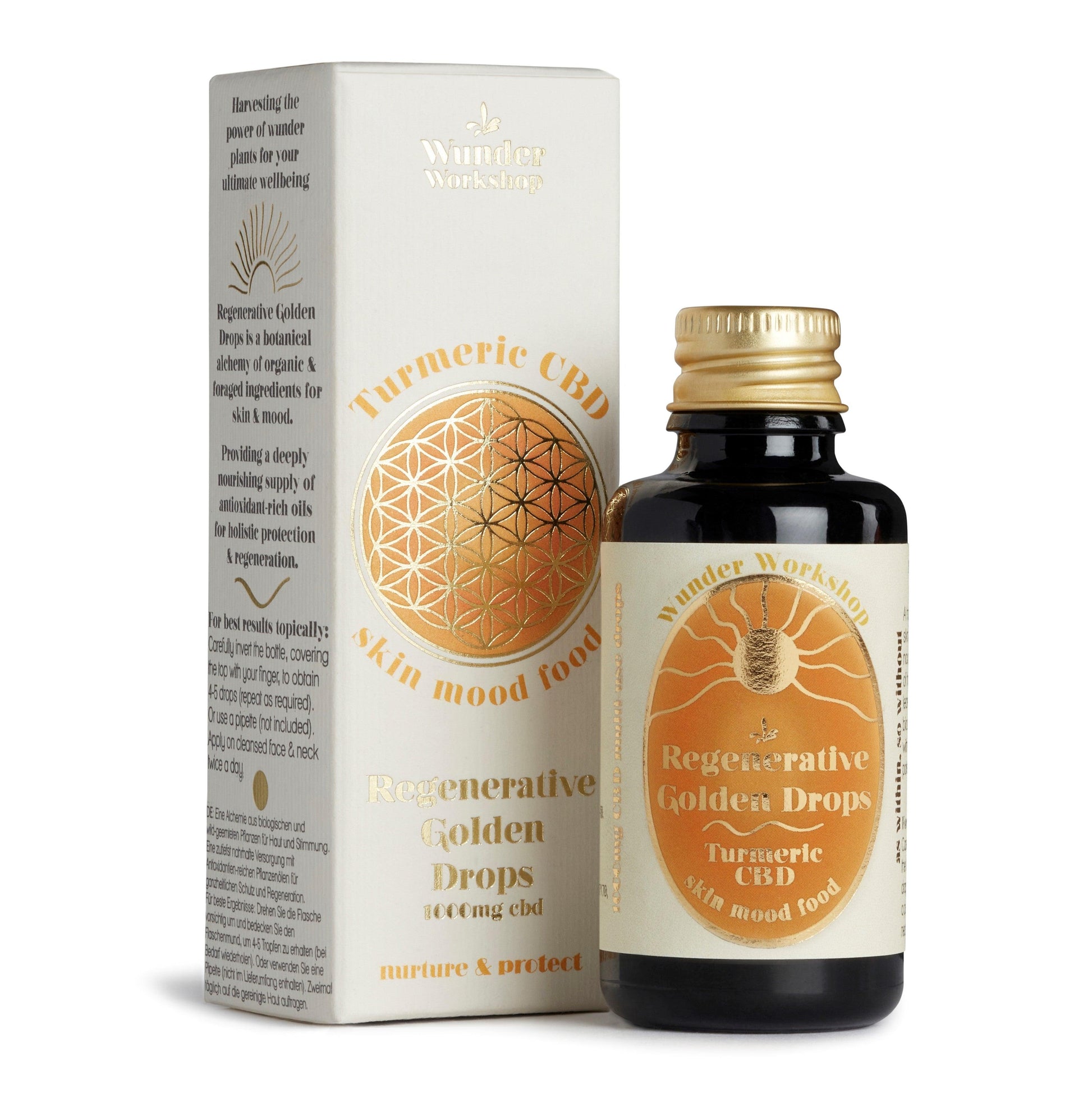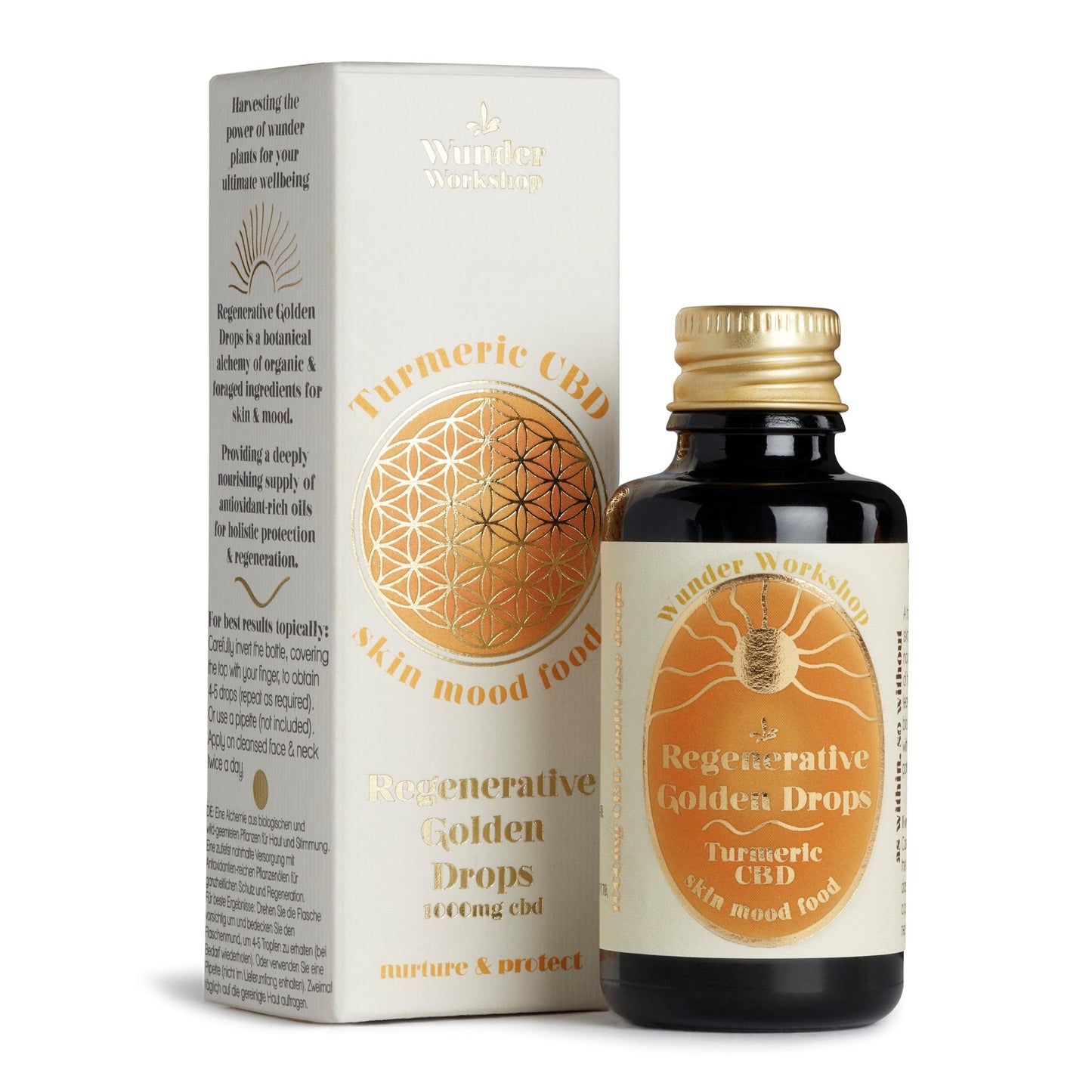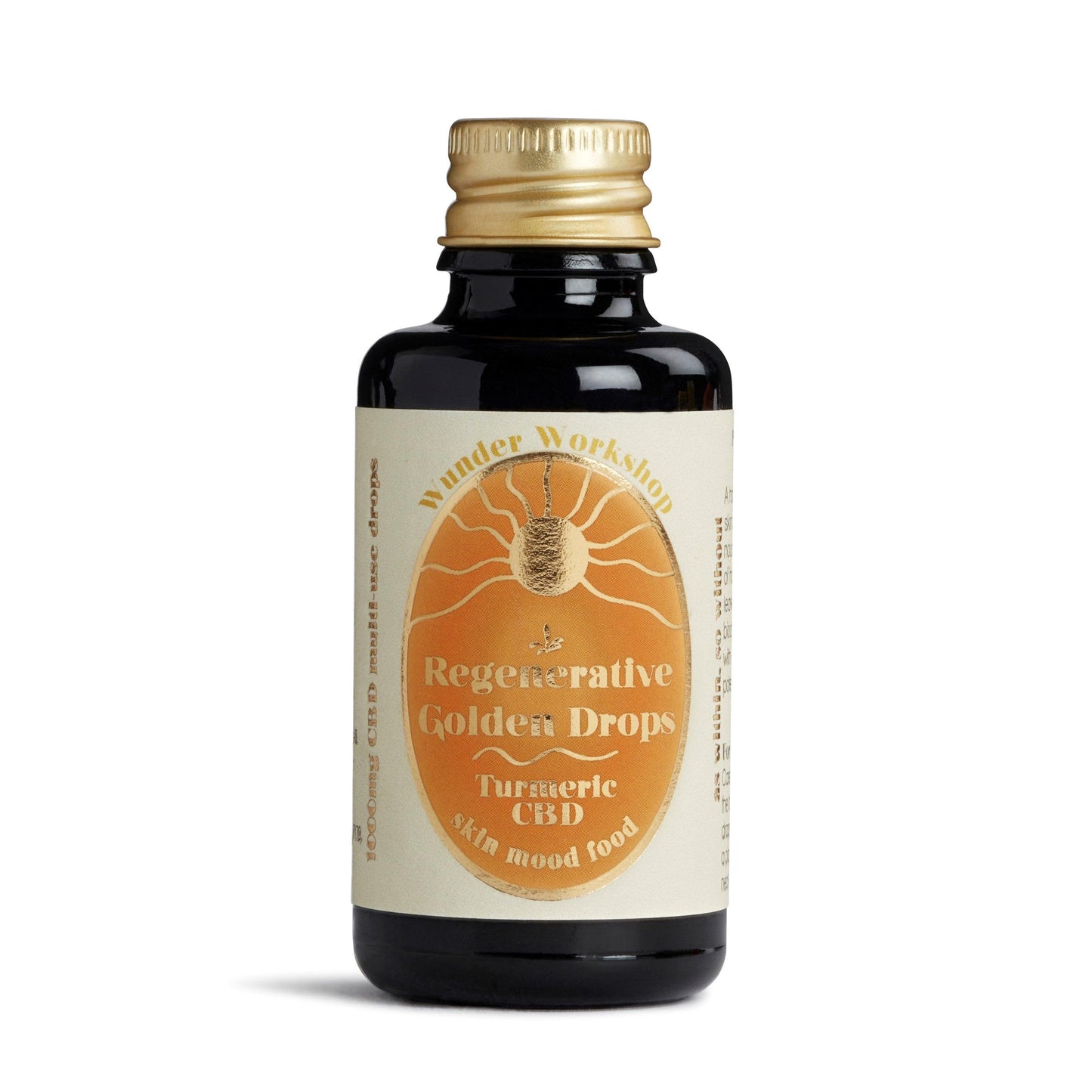What are the benefits of fertile soil you ask?
Fertile soil will contain all the major nutrients needed for basic plant nutrition (e.g., nitrogen, phosphorus, and potassium), as well as other nutrients needed in smaller quantities (e.g., calcium, magnesium, zinc, copper).
Usually a fertile soil will also have some organic matter that improves soil structure, soil moisture retention, and also nutrient retention. That’s why you’ll never get anything less than the best organic turmeric from us, packed full of everything it should have— no nasties sight.
It’s more important than ever that farming practises are carried out in an environmentally sustainable way, and so we use the ancient practice of forest gardening.
Forest gardening offers a low-maintenance sustainable method of plant-based food production, and is an agroforestry system based on woodland ecosystems. It incorporates surrounding fruit and nut trees, shrubs, herbs, vines and perennial vegetables that too can be harvested by humans.
We choose to opt for this method rather than mono-culture farming typically used in the UK, where most of the temperate forest was lost a long time ago – cleared for monocultures of grain crops, grazing or felled for building ships and housing.
One of the biggest issues with agri-businesses using monoculture systems is that they are heavily oil and chemical dependent and are slowly eroding and polluting our soils and water courses.
Forest gardening on the other hand creates a multi-layered and sustainable garden, allowing for the maintenance of soil fertility, and produces nutrient-rich and diverse foods.














